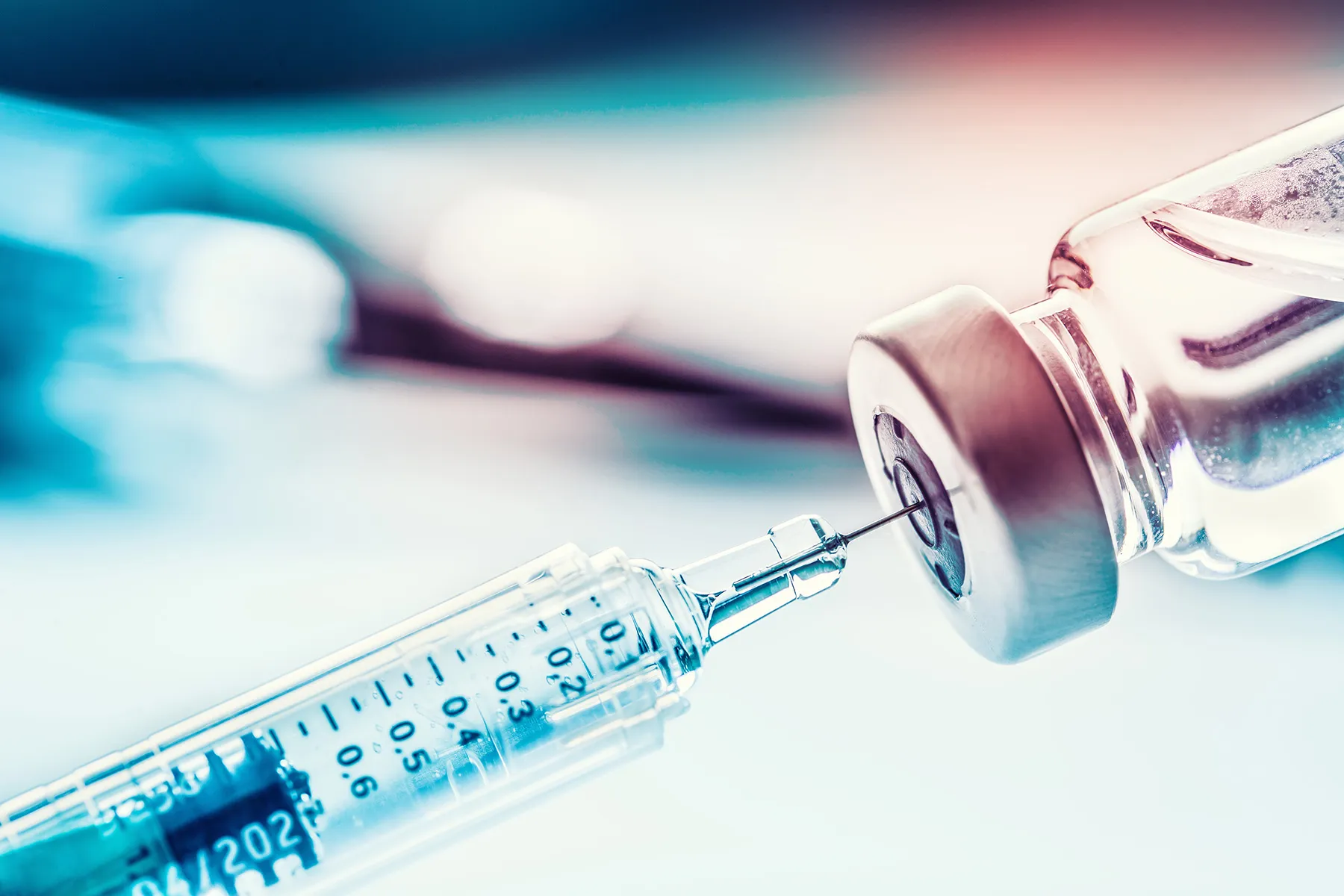
Aug. 18, 2021 -- Booster shots to ramp up protection against COVID-19 infection are slated to begin the week of Sept. 20, the Biden administration announced at a press briefing Wednesday.
Those who received the Pfizer-BioNTech and Moderna vaccines would be eligible to get a booster shot 8 months after they received the second dose of those vaccines, officials said. Information on boosters for those who got the one-dose Johnson & Johnson vaccine will be forthcoming.
"We anticipate a booster will [also] likely be needed," said U.S. Surgeon General Vivek Murthy, MD. The J&J vaccine was not available in the U.S. until March, he said, and ''we expect more data on J&J in the coming weeks, so that plan is coming."
The plan for boosters for the two mRNA vaccines is pending the FDA's conducting of an independent review and authorizing the third dose of the Moderna and Pfizer-BioNTech vaccines, as well as an advisory committee of the CDC making the recommendation.
"We know that even highly effective vaccines become less effective over time," Murthy said. "Having reviewed the most current data, it is now our clinical judgment that the time to lay out a plan for the COVID-19 boosters is now."
Research released Wednesday shows waning effectiveness of the two mRNA vaccines.
At the briefing, Murthy and others continually reassured listeners that while effectiveness against infection declines, the vaccines continue to protect against severe infections, hospitalizations, and death.
"If you are fully vaccinated, you still have a high degree of protection against the worst outcomes," Murthy said.
Data Driving the Plan
CDC Director Rochelle Walensky, MD, cited three research studies published today in the CDC's Morbidity and Mortality Weekly Report that helped to drive the decision to recommend boosters.
Analysis of nursing home COVID-19 data from the CDC's National Healthcare Safety Network showed a significant decline in the effectiveness of the full mRNA vaccine against lab-confirmed COVID-19 infection, from 74.7% before the Delta variant (March 1-May 9, 2021) to 53% when the Delta variant became predominant in the U.S. The analysis during the Delta dominant period included 85,000 weekly reports from nearly 15,000 facilities.
Another study looked at more than 10 million New York adults who had been fully vaccinated with either the Moderna, Pfizer, or J&J vaccine by July 25. During the period from May 3 to July 25, overall, the age-adjusted vaccine effectiveness against infection decreased from 91.7% to 79.8%.
Vaccine effectiveness against hospitalization remains high, another study found. An analysis of 1,129 patients who had gotten two doses of an mRNA vaccine showed vaccine effectiveness against hospitalization after 24 weeks. It was 86% at weeks 2-12 and 84% at weeks 13-24.
Immunologic Facts
Immunologic information also points to the need for a booster, said Anthony Fauci, MD, the chief medical advisor to the president and director of the National Institute of Allergy and Infectious Diseases.
"Antibody levels decline over time," he said, "and higher antibody levels are associated with higher efficacy of the vaccine. Higher levels of antibody may be needed to protect against Delta."
A booster increased antibody levels by ''at least tenfold and possibly more," he said. And higher levels of antibody may be required to protect against Delta. Taken together, he said, the data supports the use of a booster to increase the overall level of protection.
Booster Details
"We will make sure it is convenient and easy to get the booster shot," said Jeff Zients, the White House COVID-19 response coordinator. As with the previous immunization, he said, the booster will be free, and no one will be asked about immigration status.
The plan for booster shots is an attempt to stay ahead of the virus, officials stressed
Big Picture
Not everyone agrees with the booster dose idea. At a World Health Organization briefing Wednesday, WHO's Chief Scientist Soumya Swaminathan, MD, an Indian pediatrician, said that the right thing to do right now ''is to wait for the science to tell us when boosters, which groups of people, and which vaccines need boosters."
Like others, she also broached the ''moral and ethical argument of giving people third doses, when they’re already well protected and while the rest of the world is waiting for their primary immunization."
Swaminathan does see a role for boosters to protect immunocompromised people but noted that ''that's a small number of people." Widespread boosters ''will only lead to more variants, to more escape variants, and perhaps we're heading into more dire situations."
"start" - Google News
August 19, 2021 at 03:03AM
https://ift.tt/2Uy6xZc
COVID-19 Booster Shots to Start in September: Officials - WebMD
"start" - Google News
https://ift.tt/2yVRai7
https://ift.tt/2WhNuz0
Bagikan Berita Ini














0 Response to "COVID-19 Booster Shots to Start in September: Officials - WebMD"
Post a Comment